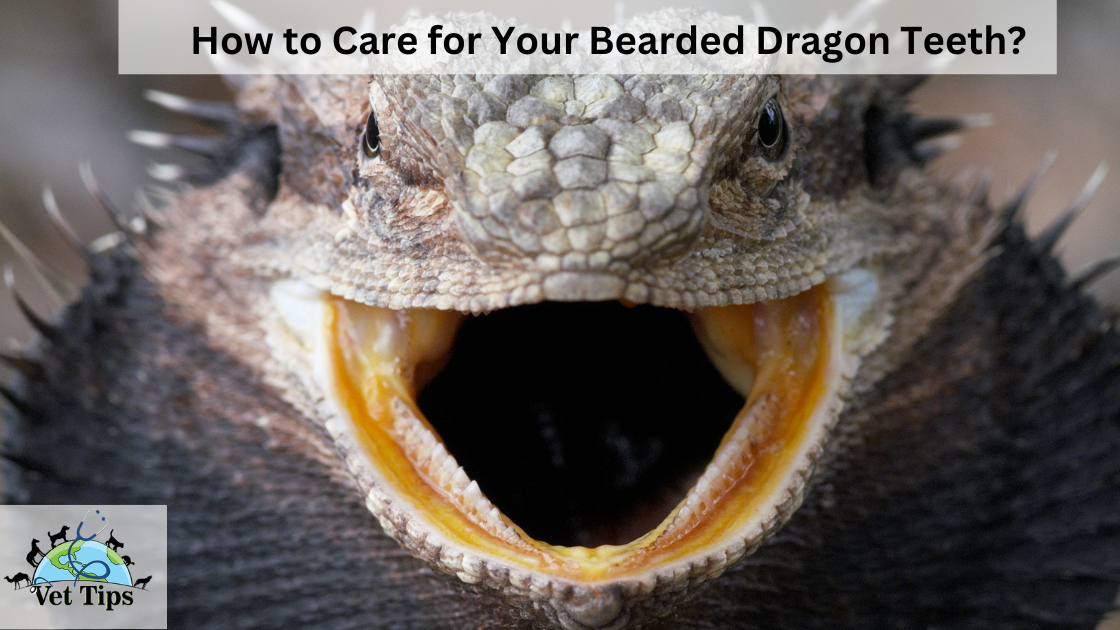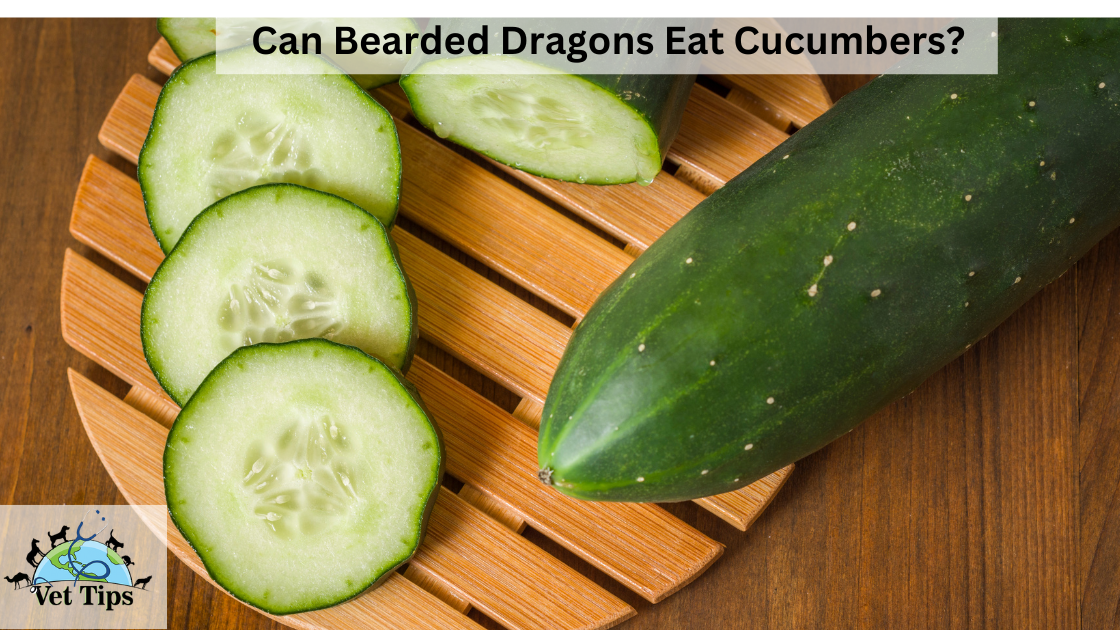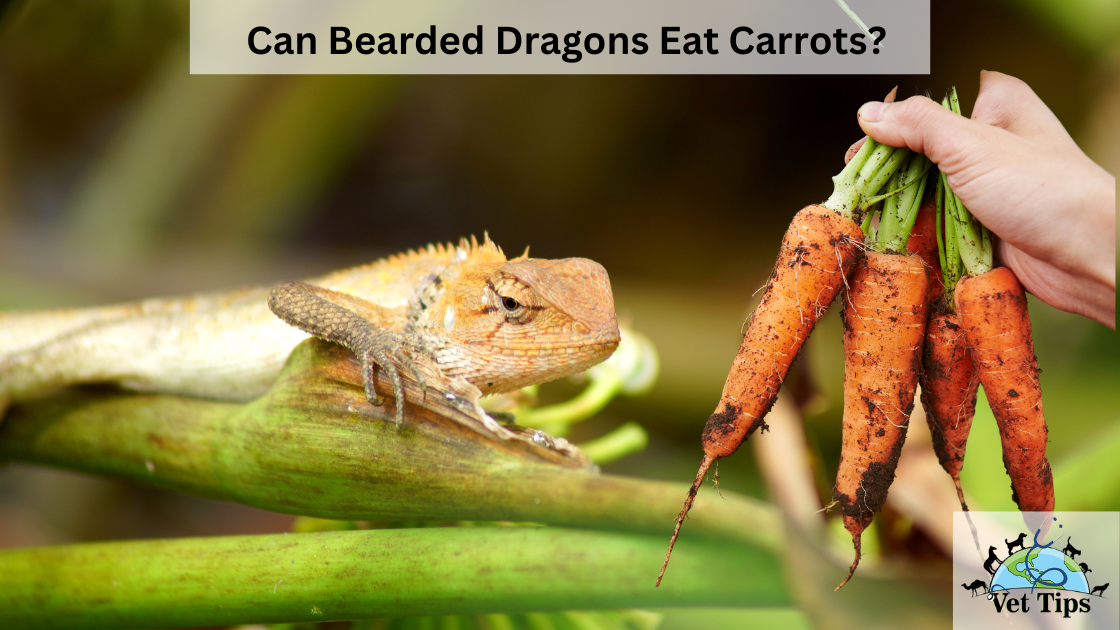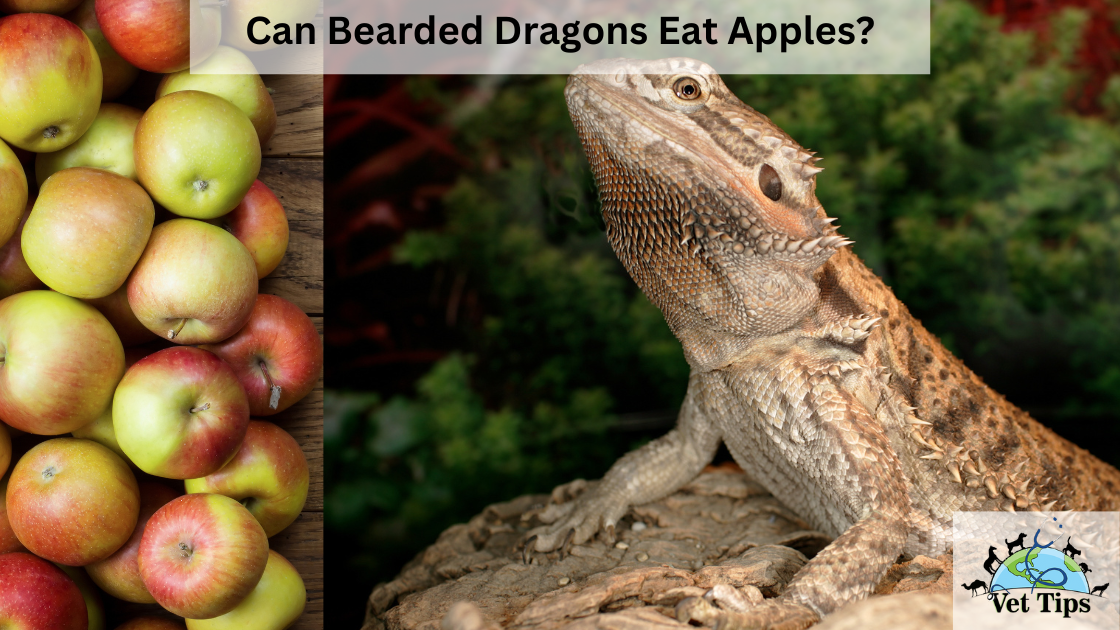Bearded dragons, amazing creatures in the reptile world, possess an interesting array of features that contribute to their unique identity. One interesting thing about them is the way their teeth are arranged. Let’s learn more about these interesting animals by looking into bearded dragon teeth.
Do Bearded Dragons Have Teeth?
Yes. There are teeth on bearded dragons, which are an important part of their bodies. But their teeth aren’t like the teeth you might think of in other animals.
Acrodont Teeth
Bearded dragons have acrodont teeth, which are affixed to the tip of the mandible. Like some other animals, they can’t keep getting teeth like some others can. This fact shows how important it is to take care of and maintain your teeth properly.
Pleurodont Teeth
On the other hand, pleurodont teeth are connected to the side of the jawbone. Bearded dragons do not have these teeth. To understand their oral needs, you must first understand how their teeth are put together.
Do Baby Bearded Dragons have Teeth?
Yes, baby bearded dragons do have teeth. When a bearded dragon is pregnant, it has teeth, and it is born with them. Bearded dragon babies need real food from the very first day they are born, while human babies need drinks while they are growing. Bearded dragon females don’t make milk like human females do.
What Do Healthy Teeth Look Like?
When a bearded dragon is healthy, its teeth are usually clean and show no signs of discoloration, growths, or strange shapes. Their teeth should look sharp and straight in their mouth.
Are Bearded Dragons Teeth Sharp?
The teeth of a bearded dragon are very sharp, which helps them grab and eat their food. Be careful when you touch them so you don’t hurt them by chance.
How Many Teeth Does a Bearded Dragon Have?
That means that not every bearded dragon has 8 teeth. But bearded dragons have between 10 and 14 teeth in their upper jaw and 12 to 15 teeth on each side of their lower jaw. Most of the time, a grown bearded dragon has between 60 and 80 teeth. These teeth are very important for how they eat and their health in general.
Do Bearded Dragon Teeth Fall Out?
Bearded dragon teeth do not naturally come out as human teeth do. Bearded dragons don’t have removable teeth like people do. Instead, their teeth are connected straight to their jawbone and can’t be easily replaced. Bearded dragon teeth can fall out, though, for a number of reasons, such as being hurt or having dental problems. However, unlike some other animals, they don’t lose their teeth all the time.
Do Bearded Dragons Teeth Grow Back?
Bearded dragons have teeth that are very different from other dragons’ teeth. The front teeth are more likely to get damaged because they are used for chewing. The back teeth don’t fall out very often, but they can wear down or be lost if you don’t take good care of them.
Bearded dragons lose their back teeth and they don’t grow back. However, the lizard’s front teeth fall out and grow back in at different times during its early life.
How to Open Your Bearded Dragon’s Mouth?
It is necessary to carefully open your bearded dragon’s mouth in order to do dental checkups. To do this, hold the sides of the head softly and press the lower mouth down. This will let you look at the teeth more closely.
Dental Problems in Bearded Dragons
Taking care of your bearded dragon’s teeth is very important for their general health. Let’s look at some common tooth problems:
1. Gingivitis
When you have gingivitis, your gums get red and swollen. If you don’t treat it, it can lead to more serious tooth problems. This problem can be avoided by getting your teeth checked regularly and eating right.
2. Mouth Rot
Mouth rot is an illness caused by bacteria that affects the gums and the inside of the mouth. To solve this problem successfully, you must practice good hygiene and call a doctor at the first sign of trouble.
3. Osteomyelitis
Osteomyelitis is an illness of the bone that can happen in a bearded dragon’s jaws. To treat this major tooth problem, you need to get the right care, which may include antibiotics.
4. Periodontal Disease
Periodontal disease is a more severe form of gingivitis that hurts the tissues around the teeth. A healthy diet and regular tooth care can help keep you from getting this illness.
What Causes Dental Disease in Bearded Dragons?
To stop oral diseases from happening, it’s important to know what causes them. Let’s look at the main reasons why bearded dragons have teeth problems:
Improper Diet
A bearded dragon’s dental health can be greatly affected by a meal that is missing in important nutrients and is not balanced properly. It is very important to provide a healthy, well-balanced food.
Infection
Infections with bacteria or fungi can cause major problems with your teeth. To keep your bearded dragon from getting sick, it’s important to keep its surroundings clean and germ-free.
Trauma
If you hurt your mouth or jaw by accident, it can damage your teeth and cause dental problems. To avoid stress, it is important to keep the cage safe and free of any possible dangers.
How To Keep Your Bearded Dragon’s Teeth Healthy?
It’s not hard to make sure that your bearded dragon’s teeth are in great shape. Here are some useful tips:
Avoid Sugary Foods
Sugary foods are bad for your teeth and health in general. Limit what they eat to keep their teeth clean.
Improve Your Bearded Dragon’s Diet
To keep teeth and bones healthy, give them a well-balanced food that is high in calcium and other important nutrients.
Don’t Forget About Calcium Powder
Adding calcium powder to your dragon’s food will help make their teeth stronger. Make sure it’s a regular part of their food.
Prevent Your Bearded Dragon from Hurting Itself
By giving them safe furniture and places to hide, you can help keep them from getting hurt in ways that could damage their teeth.
Check Bearded Dragon Teeth Regularly
If you do regular tooth checks at home, you can find problems early on. If you see something that doesn’t seem right, you should see a vet right away.

Should You Brush Your Bearded Dragons Teeth?
A lot of people don’t brush their bearded dragons’ teeth, and their pets never have any problems. But it can help your bearded dragon, especially if they have a lot of gunk on their teeth.
It might be good for your bearded dragon, but they probably won’t like it. Be very careful if you do decide to brush your bearded dragon’s teeth. People often say that bearded dragons are calm and peaceful, but they can bite if they feel threatened.
What Do You Do If Your Beardie Is Losing Teeth?
It’s very important to see a doctor right away if your bearded dragon is missing teeth. Dental problems can get worse very quickly, so it’s important to get skilled help for your pet’s health. You should also keep an eye on your lizard’s behavior. If it seems upset or stressed, there may be a problem that needs to be checked out by a vet.
FAQs
Do Bearded Dragon Bites Hurt?
Bearded dragon bites can be uncomfortable, but most of the time they’re not too painful for people. To keep your pet from biting, you must treat it gently.
Is it ok to Brush Bearded Dragon Teeth?
A soft toothbrush can be used to gently clean your bearded dragon’s teeth. To keep from hurting anyone, though, it’s important to be very careful.
How Often Should I Brush My Bearded Dragon’s Teeth?
It’s a good idea to brush your bearded dragon’s teeth once a week to keep them clean and look for any problems.
Do Bearded Dragons Have Venom?
No, bearded dragons are not venomous. They are safe snakes with no poison that could hurt you.
Tell us in the comments, how you like our article “How to Care for Your Bearded Dragon Teeth?”
For similar posts like this, click here.
For the source file, click here.








